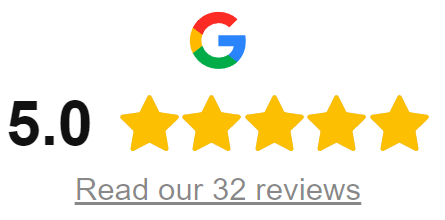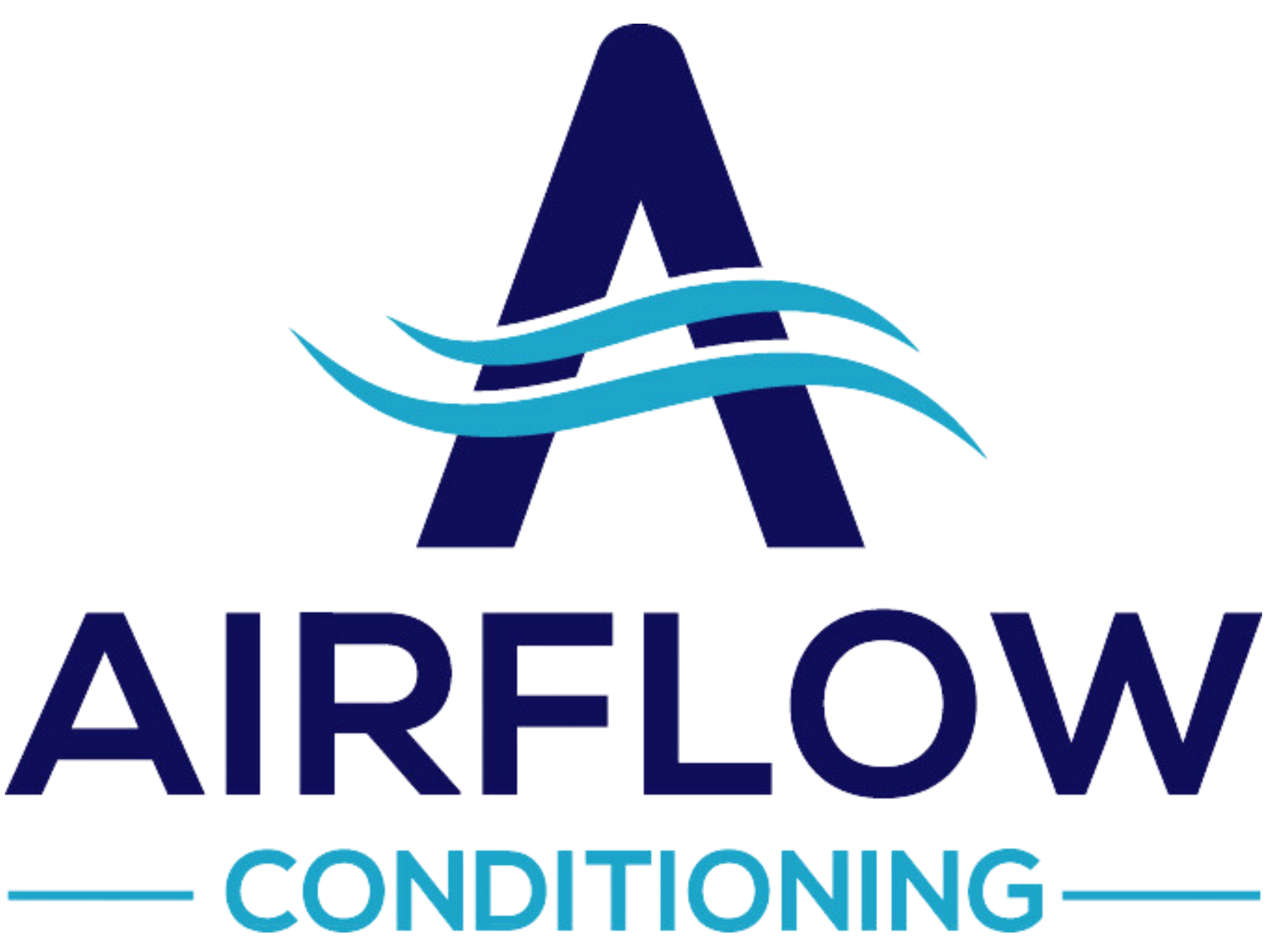Frequently Asked Questions About Your Air Cooling System
How often do air filters need to be changed?
It varies depending on the type of filter you have. If you have cheaper, disposable filters, we recommend changing them every 30 days. If you have pleated, or poly, filters, we recommend changing them every 90 days. Media filters or CleanEffects filters can last a little longer and should be replaced about once a year.
How long does HVAC equipment last?
HVAC systems generally last 10 to 15 years. However, your system becomes less efficient and performs worse as it gets older. Therefore, after about 10 years, you may want to start looking for a replacement.
Even if you are not having any major problems, modern HVAC systems will save you money on your energy bills because they are more efficient. Plus, they generally come with 10-year warranties, so you won’t need to worry about replacing them for quite a while.
Do bigger air conditioning units perform better?
Not necessarily. It is important to purchase an air conditioner that is the right size for your home. If you buy an AC unit that’s too big, it will cool your home faster, but it will also be less efficient and will not eliminate humidity well enough. It will have short-run cycles. While it will cool the air quickly, it will shut off before it blows enough air across the indoor coil to drain water from your system.
This will leave too much moisture in the air, which can lead to mold and mildew in your home.Your system starting and stopping more often , may cause it to use more energy and wear down faster. Longer run cycles are more efficient.
What are the advantages of high-efficiency air filters?
Proper air filtration is crucial to the health of both your HVAC system and your family. Air filters prevent dust and dirt from building up in your system to keep it performing at its best.
High-efficiency filters do a better job of this and remove dust, dirt, mold, and more from the air. This is especially useful if you have allergies or respiratory issues. High-efficiency filters are better, but not 100% necessary. Whether or not you choose to use them, remember to change your filters regularly.
What is duct cleaning?
Duct cleaning includes cleaning the various components of HVAC forced air systems, including the air ducts and registers, grilles and diffusers, heat exchangers, coils, fan motor, fan housing, and the air handling unit housing. Dust, pollen, and other debris may build up in these components if they are not properly maintained.
What should I set my thermostat to?
In terms of energy efficiency, the general rule is, that in summer: the higher, the better, and in winter: the lower, the better. However, the point of air conditioners is to keep your home comfortable. Therefore, you need to find the right balance for you between comfort and energy efficiency. For energy efficiency and lower bills, we recommend keeping your thermostat around 78 degrees in the summer and 68 degrees in the winter. In addition to your personal preferences, your home’s efficiency in terms of insulation, ducts, air filters, whether you have ceiling fans, whether your vents are blocked, and other factors can affect the optimal temperature for your home.

Hear It From Our Customers

Our Expert Team Is Ready to Tune-Up and Extend the Life of Your AC!

Satisfaction Guaranteed

Expertise and Experience

Reliable and Timely Service



